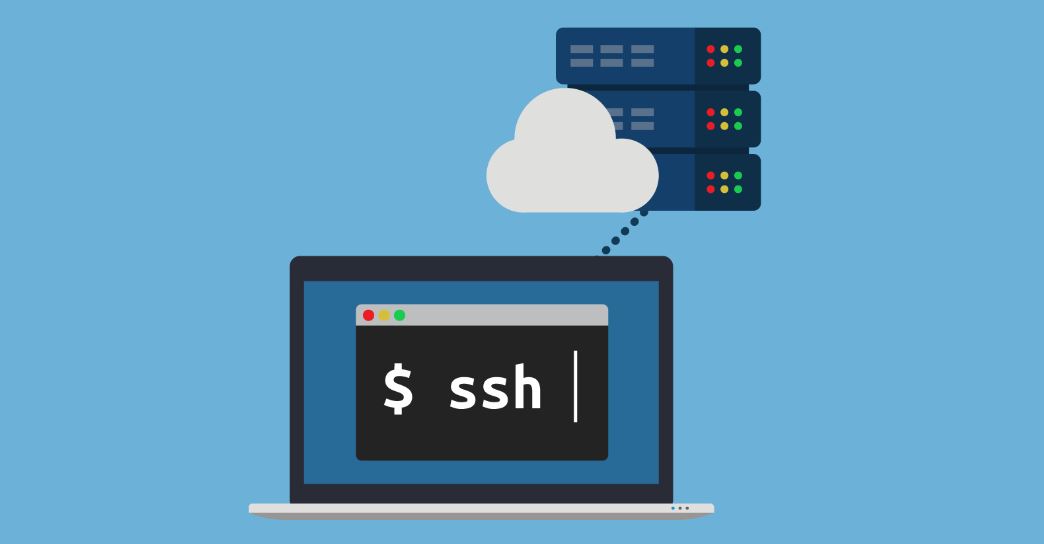Cuando ejecutamos
sudo apt-get update
aparece el error:
W: An error occurred during the signature verification. The repository is not updated and the previous index files will be used. GPG error: https://dl.winehq.org/wine-builds/ubuntu bionic InRelease: The following signatures couldn't be verified because the public key is not available: NO_PUBKEY 76F1A20FF987672F W: Failed to fetch https://dl.winehq.org/wine-builds/ubuntu/dists/bionic/InRelease The following signatures couldn't be verified because the public key is not available: NO_PUBKEY 76F1A20FF987672F W: Some index files failed to download. They have been ignored, or old ones used instead.
Solución:
wget -nc https://dl.winehq.org/wine-builds/winehq.key && sudo apt-key add winehq.key && sudo apt update
sudo apt-get install --install-recommends winehq-stable







